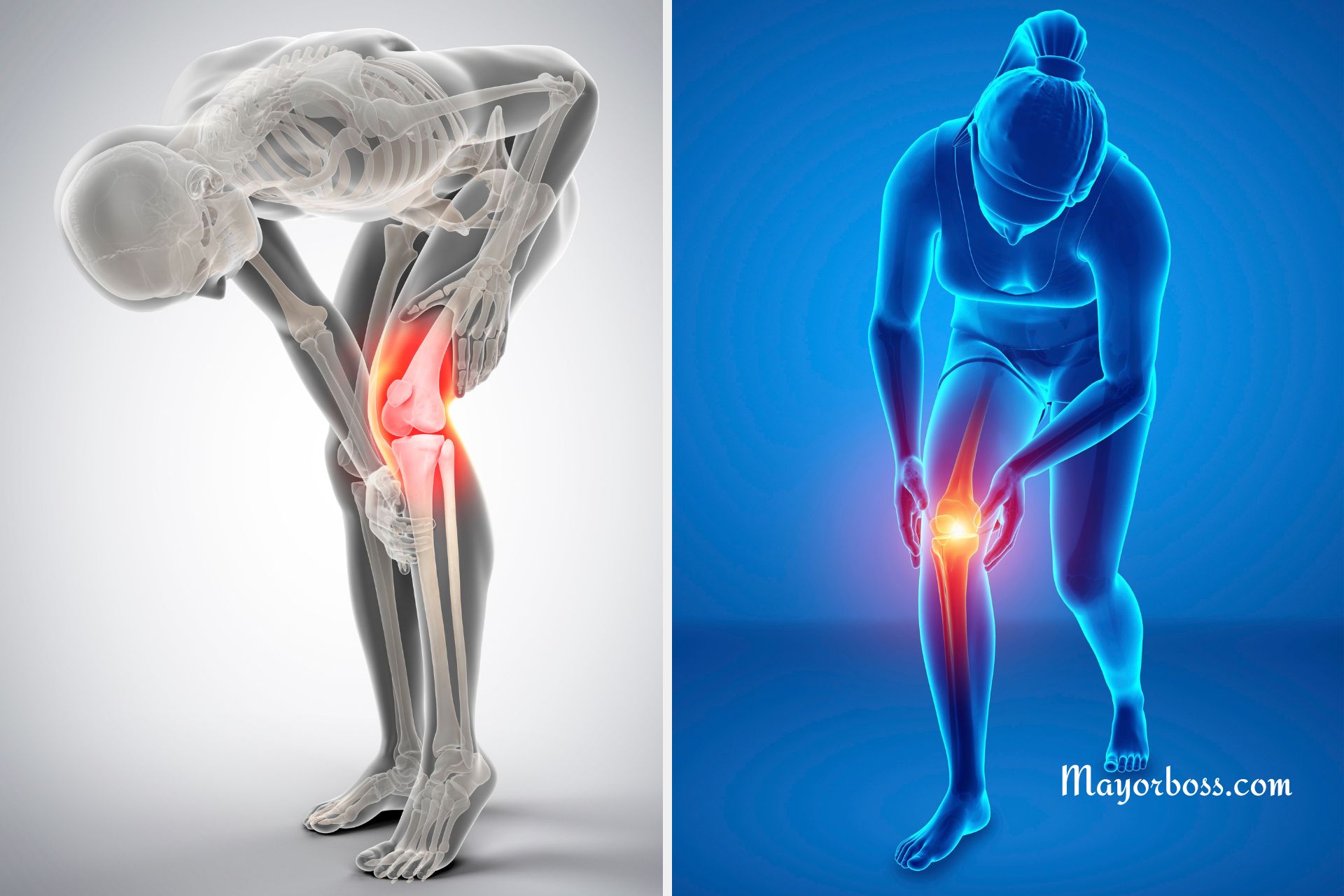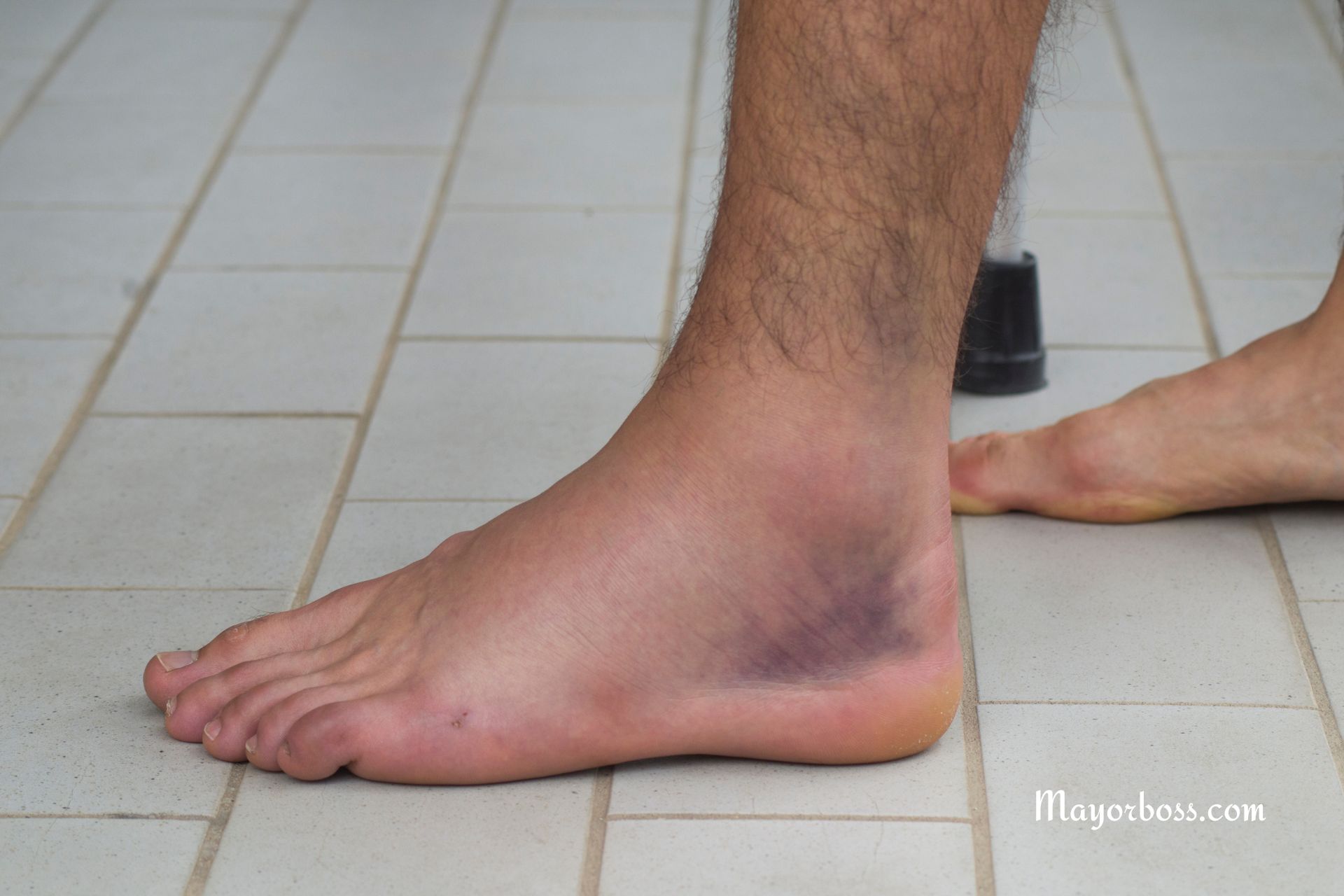Why Is My Heart Beating So Fast?
Why is my heart beating so fast? A fast heartbeat can catch you off guard. Most commonly, it’s due to stress, anxiety, fear, or panic attacks, exercise, or caffeine. But sometimes, it may indicate a more serious issue like heart disease, anemia, or thyroid problems. However, there are other often-overlooked factors like low blood sugar, dehydration, illegal drugs, and even pregnancy that can cause your heart to race.

Possible Causes of a Fast Heartbeat
Stress and Anxiety
When you’re stressed or anxious, your body releases adrenaline. This hormone prepares your body for “fight or flight,” and as a result, your heart rate increases. Deep breathing and relaxation techniques can often help in such situations.
Low Blood Sugar
When your blood sugar drops, your body goes into a state of emergency to source energy. This can make your heart race. Eating a balanced diet and monitoring your sugar levels can help keep things in check.
Low Blood Pressure
Low blood pressure often causes your heart to work overtime to pump enough blood throughout your body. If you feel dizzy or faint, along with a fast heartbeat, it’s crucial to consult a healthcare provider.
Fever
Fever is your body’s natural way of fighting off infection. As your body temperature rises, your heart rate can increase to help your body fight off the intruder more effectively.
Dehydration
Lack of fluids can reduce your blood volume, causing your heart to pump faster to circulate blood. Drinking enough water is essential, especially in hot weather or during physical activity.
Pregnancy
During pregnancy, your body produces extra blood to support the growing fetus. This increases your heart rate. If you’re pregnant and experiencing a consistently fast heartbeat, consult your healthcare provider.
Physical Exertion
Exercise naturally increases your heart rate to pump more blood and provide your muscles with the oxygen they need. Your heart rate should return to normal after you finish exercising.
Caffeine and Stimulants
Drinking too much coffee or consuming other caffeine-rich products can make your heart race. The same goes for some medications and illicit substances. If you notice a fast heartbeat after consumption, try cutting back.
Medical Conditions
In people with underlying health issues, a fast heartbeat could be a symptom rather than just a reaction to external factors. Conditions like anemia, high blood pressure, and thyroid problems could be the culprits.
Medications
Some medications, particularly asthma inhalers and decongestants, can cause your heart to beat faster. Always check the side effects of any medication you’re taking.
Menstruation
Hormonal changes during your menstrual cycle can cause temporary spikes in heart rate. This is generally not a concern unless it’s accompanied by other symptoms.
Alcohol and Illegal Drugs
Consuming too much alcohol or using illegal drugs like ecstasy, cocaine, or methamphetamines can cause a fast heartbeat. Both substances can cause dehydration and stress on the heart, so it’s best to avoid excessive use.
When Should You Worry?
Persistent Symptoms
If you experience a consistently fast heartbeat, especially if you’re also feeling light-headed or short of breath, consult a healthcare professional as soon as possible.
Intense Palpitations
Occasional heart palpitations usually aren’t a cause for concern. However, if they’re frequent, intense, or accompanied by other symptoms, it’s time to get checked out.
Age and Risk Factors
Older adults and those with a family history of heart conditions should be more cautious about symptoms like a fast heartbeat. The same goes for people with lifestyle-related risk factors such as smoking, obesity, or a sedentary lifestyle.
How Is It Diagnosed?
Physical Examination
During a visit to the healthcare provider, they will likely check your pulse and blood pressure and may also order additional tests.
EKG and Heart Monitors
An Electrocardiogram (EKG) is commonly used to evaluate your heart’s electrical activity. For prolonged monitoring, you might be asked to wear a Holter monitor for 24 to 48 hours.
Blood Tests
A complete blood count (CBC) can help rule out anemia, infections, and other conditions that could cause a fast heartbeat. Thyroid tests may also be part of the diagnostic process.
What Are the Treatments?
Lifestyle Changes
Cutting down on caffeine, managing stress, and regular exercise can often regulate your heart rate.
Medication
Beta-blockers are commonly prescribed to control a fast heartbeat. They work by blocking the effects of adrenaline on your heart.
Surgical Procedures
In severe cases, procedures like a cardiac ablation may be considered to correct the heart’s electrical system.
What Is a Normal Heart Rate?
A normal heart rate can vary depending on factors like age, activity level, and overall health. Below is a table that provides a general guide to normal heart rates based on different factors.
| Age Group | Resting Heart Rate (beats per minute) | During Light Exercise | During Moderate Exercise | During Intense Exercise |
|---|---|---|---|---|
| Newborn (0-3 mos) | 100-150 | N/A | N/A | N/A |
| Infants (3-6 mos) | 90-120 | N/A | N/A | N/A |
| Infants (6-12 mos) | 80-120 | N/A | N/A | N/A |
| Children (1-3 yrs) | 80-130 | 100-130 | 110-140 | 120-160 |
| Children (4-10 yrs) | 70-120 | 90-110 | 100-130 | 110-160 |
| Adolescents (11-17 yrs) | 60-100 | 80-100 | 90-110 | 100-160 |
| Adults (18-65 yrs) | 60-100 | 70-90 | 80-100 | 90-160 |
| Seniors (65+ yrs) | 50-100 | 60-80 | 70-90 | 80-100 |
A Few Notes:
- Resting Heart Rate: This is the number of heartbeats per minute while you are at rest, ideally taken just after waking up in the morning before any physical activity.
- During Light Exercise: This category includes activities like walking at a slow pace or doing light household chores.
- During Moderate Exercise: Activities like brisk walking, light jogging, or cycling at a relaxed pace fall under this category.
- During Intense Exercise: This includes activities that elevate your heart rate significantly, like running, cycling at high speeds, or intense aerobics.
Keep in mind that these numbers are general guidelines. If you notice persistent changes in your heart rate, it’s a good idea to consult a healthcare provider for a thorough evaluation.
Further Reading: What Is a Normal Sleeping Heart Rate?






